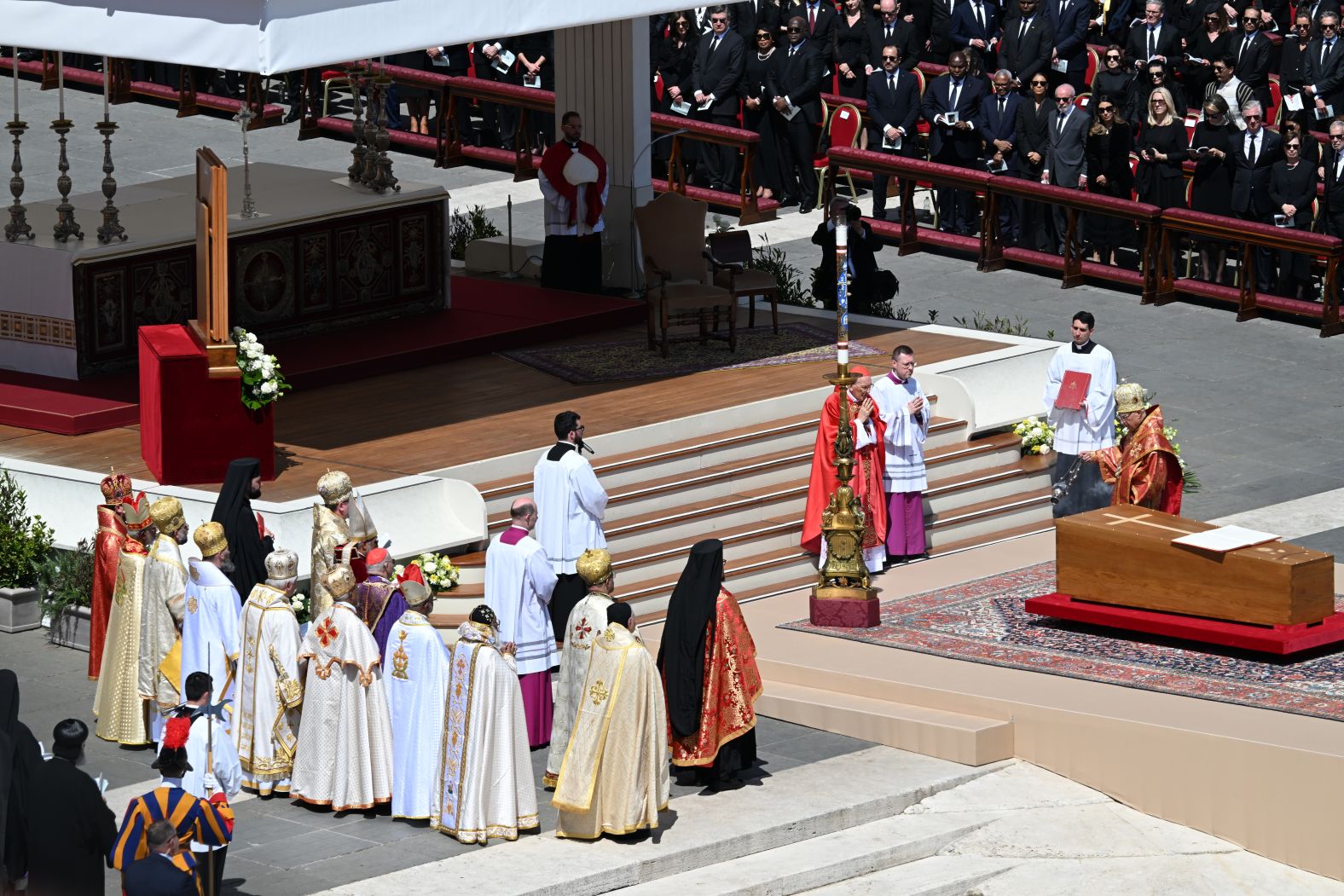- Arts
Rihanna reveals she is expecting third child with A$AP Rocky
时间:2010-12-5 17:23:32 作者:Future 来源:Columnists 查看: 评论:0内容摘要:For their conclusions to be considered bulletproof, they need to get to what is known as the five-sigma threshold – 99.99994 percent certainty.For their conclusions to be considered bulletproof, they need to get to what is known as the five-sigma threshold – 99.99994 percent certainty.
Centuries-old manuscripts in Oualata libraries face destruction as desert sands encroach on the ancient Mauritanian town.Oualata forms part of a quartet of fortified towns, or ksour, granted World Heritage status for their historical significance as trading and religious centres. Today, they preserve vestiges of a rich medieval past.

Throughout Oualata, doors fashioned from acacia wood, adorned with traditional designs painted by local women, punctuate the earthen facades. Family libraries safeguard centuries-old manuscripts, invaluable records of cultural and literary heritage passed down through generations.Yet, Oualata’s proximity to the Malian border leaves it acutely vulnerable to the unforgiving environment of the Sahara. Scorching heat and seasonal downpours have left piles of stone and gaping holes in the town’s historical walls, the aftermath of especially severe recent rains.“Many houses have collapsed because of the rains,” said Khady, standing beside her crumbling childhood home, now her inheritance from her grandparents.

Depopulation has only accelerated Oualata’s decline.“The houses became ruins because their owners left them,” explained Sidiya, who is a member of a national foundation dedicated to preserving the country’s ancient towns.

For generations, Oualata’s population has steadily dwindled as residents depart in search of work, leaving the historical buildings neglected. The traditional structures, coated in reddish mud-brick known as banco, were crafted to withstand the desert climate, but require maintenance after each rainy season.
Much of the Old Town now stands abandoned, with only about one-third of its buildings inhabited.“There are those who left and actively try to prevent parallel imports,” Burmistrov told Al Jazeera.
Burmistrov said he is aware of Western companies that have threatened to blacklist Russian partners over their use of parallel imports, although he declined to name any firms.“Then, there are those who turn a blind eye to the issue. Finally, there are those who continue actively trading with Russia through intermediaries, effectively facilitating parallel imports themselves”.
While boycotting Russia was a voluntary decision for most companies, producers of so-called luxury goods have additional legal perils to consider under US and European sanctions.Luxury goods are defined broadly, including cars with a market value of more than 50,000 euros, home appliance hairdryers, washing machines and refrigerators worth more than $750, and smartphones worth more than $300, among other items.
- 最近更新
- 2025-07-07 08:15:11Child Q strip-search surprised school, panel told
- 2025-07-07 08:15:11Santander to buy UK high street lender TSB for £2.65bn
- 2025-07-07 08:15:11British journalist missing in Brazil found safe
- 2025-07-07 08:15:11Mail-in voting rates dropped but early in-person voting is a hit, federal report shows
- 2025-07-07 08:15:11Visit the Arctic vault holding back-ups of great works
- 2025-07-07 08:15:11A Supreme Court decision that strengthens presidential power
- 2025-07-07 08:15:11Gilts rally as Bailey hints at reduction in BoE debt sales
- 2025-07-07 08:15:11Pregnant women warned against using weight-loss jabs
- 热门排行
- 2025-07-07 08:15:11The most (and least) expensive states for car insurance in 2025
- 2025-07-07 08:15:11Stocks climb to new record highs
- 2025-07-07 08:15:11An accused woman skips her pedicure, kills her ex-husband
- 2025-07-07 08:15:11Germany launches insurance crackdown on Russian ‘shadow fleet’
- 2025-07-07 08:15:11Black smoke billowed from the site
- 2025-07-07 08:15:11Five musicians murdered in suspected Mexican cartel killing
- 2025-07-07 08:15:11Tropical Depression 3 expected to strengthen before South Carolina landfall
- 2025-07-07 08:15:11A behind-the-scenes look at the work of Rutherford Hall, critical communications strategist
- 友情链接
- 'Nowhere is safe' - Cameroonians trapped between separatists and soldiers Peers demand more protection from AI for creatives Temu's Chinese owner sees profits plunge as trade war bites Kangaroo 'tries to drown' man in Australian floodwaters Disasters spur investment in flood and fire risk tech What is live shopping and will it take off? Cyber-attack threat keeps me awake at night, bank boss says Pride fringe festival returns with a roller-disco Trump commutes gang leader's sentence in flurry of pardons UK car making plunges to lowest for over 70 years Film and TV model maker warns skill may disappear Israeli army fired more than 100 shots in Gaza medics' killing, audio suggests Students say they 'regret' applying to US universities after visa changes Israel announces major expansion of settlements in occupied West Bank Busy hurricane season expected as forecasters fear Trump cuts Four dead, several missing in record Australia flooding Charity shop donated guitars fetch £12,000 at auction Theatre's £5m revamp plans submitted to council Workers optimistic but overwhelmed by AI - study Wetlands founder 'wouldn't recognise' site today How native breeds 'restore and protect' landscapes Western Canada wildfires emergency hits another province as thousands flee Our church inspired Sunset Song - we want to save it Highland councillors back cruise ship levy powers Adidas says customer data stolen in cyber attack South Africans pay tribute to acting 'icon' Chweneyagae who died age 40 Lilo and Stitch beat Tom Cruise in box office bonanza The poison paradox: How Australia's deadliest animals save lives New electric bus fleet prepares to hit the streets Your pictures on the theme of 'my best photo'
